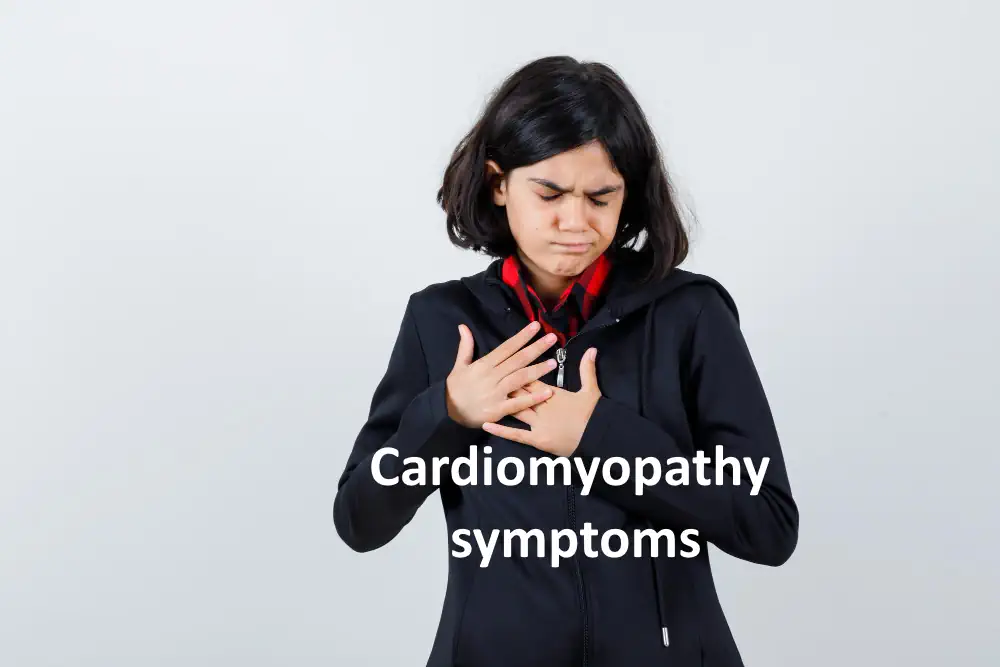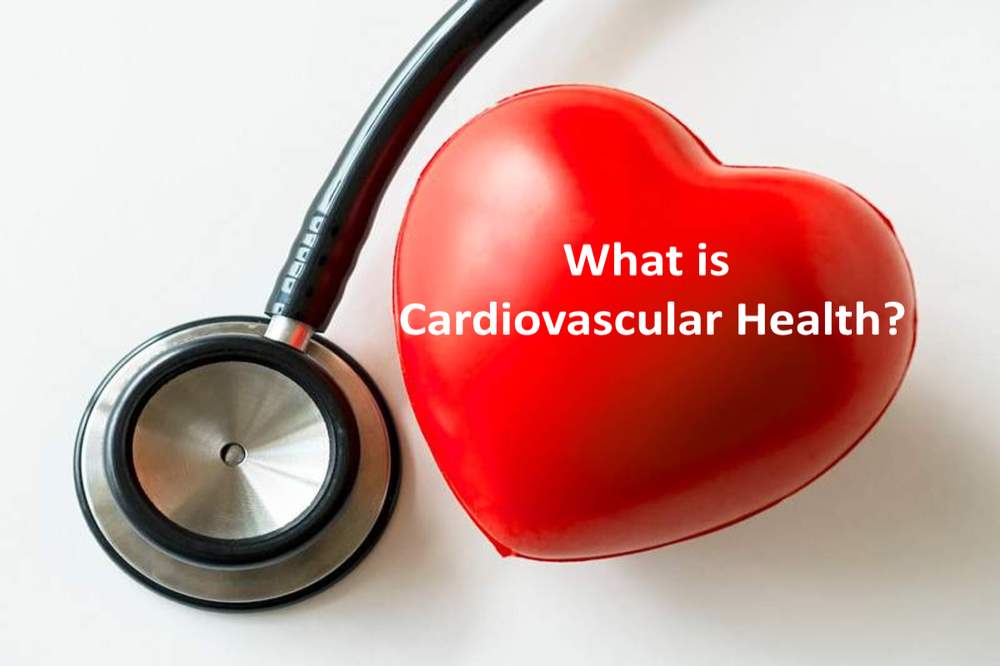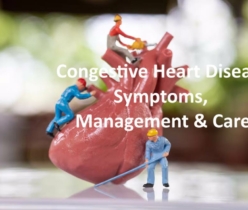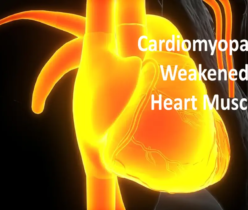Cardiomyopathy symptoms are a progressive disease that affects the heart muscle, leading to its weakening and inability to pump blood effectively. This condition can be caused by various factors, including genetic inheritance, coronary artery disease, and other underlying health issues. As the heart muscle weakens, it can result in serious complications such as heart failure, arrhythmias, and blood clots. Early diagnosis and proper management are crucial to improving the quality of life for those affected by this condition.
Key Takeaways
- Cardiomyopathy is a disease of the heart muscle that worsens over time and can be life-threatening.
- The condition can be caused by genetic factors, coronary artery disease, or other underlying health conditions.
- Symptoms of cardiomyopathy include fatigue, shortness of breath, dizziness, and chest pain.
- Early diagnosis through medical history, physical exams, and diagnostic tests is essential for effective management.
- Treatment options include medications, surgical procedures, and lifestyle changes to improve heart function and quality of life.
Understanding Cardiomyopathy symptoms

Cardiomyopathy symptoms: Definition and Types
Cardiomyopathy, also known as myocardiopathy, is a condition that includes diseases of the heart muscle, resulting in abnormal heart function. It is a progressive impairment of the structure and function of the muscular walls of the heart chambers. Cardiomyopathy can lead to an irregular heartbeat, heart failure, or other complications. There are several types of cardiomyopathy, including dilated, hypertrophic, and restrictive cardiomyopathy.
Causes and Risk Factors
Cardiomyopathy can result from an inherited genetic feature or it can stem from one of many health conditions, such as heart disease, hyperthyroidism, or alcohol use. In some cases, the cause is unknown, making it idiopathic. Risk factors include a family history of cardiomyopathy, long-term high blood pressure, and metabolic disorders.
Cardiomyopathy Symptoms to Watch For
Symptoms of cardiomyopathy can vary but often include weakness, dizziness, shortness of breath, high blood pressure, fluid retention, or edema. It’s important to monitor these symptoms as they can indicate the progression of the disease. Early detection and treatment are crucial to managing cardiomyopathy effectively.
Cardiomyopathy is a progressive disease of the myocardium, or heart muscle. In most cases, the heart muscle weakens and is unable to pump blood to the rest of the body as well as it should.
Diagnosing Cardiomyopathy

Medical History and Physical Exam
Your healthcare provider will ask about your medical history and that of your family. They’ll also do a physical exam. If they suspect you have a heart condition, they’ll refer you to a cardiologist (heart specialist). A cardiologist performs a full assessment that may include a range of diagnostic tests.
Diagnostic Tests
Tests to diagnose cardiomyopathy may include:
- Ambulatory monitoring.
- Blood tests.
- Chest X-ray.
- Cardiac CT.
- Heart MRI.
- Echocardiogram.
- Electrocardiogram (EKG).
- Exercise stress test.
- Cardiac catheterization.
- Myocardial biopsy.
Interpreting Results
Your doctor or cardiologist will incorporate the results of four components into your diagnosis:
- Your personal medical history
- Your family medical history
- Physical examination
- Diagnostic tests and procedures
Some cases of cardiomyopathy can be diagnosed after various heart scans and tests. A detailed family tree drawn by specialists may be required for the diagnosis of cardiomyopathy.
Understanding the results of these tests is crucial for determining the appropriate treatment plan and managing the condition effectively.
Treatment Options for Cardiomyopathy

Medications
Medications are often the first line of treatment for cardiomyopathy. They can help manage symptoms and prevent complications. Common medications include beta-blockers, ACE inhibitors, and diuretics. These medications can improve your quality of life and help you live longer. It’s crucial to follow your cardiologist’s advice and take your medications as prescribed.
Surgical Procedures
In some cases, surgical procedures may be necessary to treat cardiomyopathy. These can include septal myectomy, heart transplant, and catheter ablation. Each procedure has its risks and benefits, and your healthcare provider will help determine the best option for you. Early diagnosis can significantly improve the effectiveness of these treatments.
Lifestyle Changes
Lifestyle changes are essential for managing cardiomyopathy. These may include dietary modifications, regular exercise, and avoiding alcohol and tobacco. Not everyone with cardiomyopathy will need extensive treatment; some people can control their condition with just a few lifestyle adjustments.
Making healthy lifestyle choices can significantly reduce your risk of complications and improve your overall well-being.
- Dietary modifications
- Regular exercise
- Avoiding alcohol and tobacco
Living with Cardiomyopathy

Daily Management Tips
Living with cardiomyopathy requires making healthy lifestyle changes to help manage the condition. Your healthcare provider may recommend:
- Achieving and maintaining an ideal weight for your height and age.
- Eating a heart-healthy diet, including reducing your sodium intake.
- Exercising regularly, even though it can be tiring.
- Limiting alcohol intake.
- Managing and reducing stress.
- Quitting smoking.
Emotional and Mental Health
Managing cardiomyopathy isn’t just about physical health; it’s also crucial to address your emotional and mental well-being. Living with a chronic condition can be stressful and emotionally draining. Consider seeking support from a mental health professional or joining a support group to share your experiences and feelings.
Support Systems
Having a strong support system can make a significant difference in managing cardiomyopathy. Family, friends, and healthcare providers can offer emotional support, help with daily tasks, and encourage. Don’t hesitate to reach out to your support network when you need help.
Preventing Cardiomyopathy

Healthy Lifestyle Choices
Taking action to reduce your risk of conditions that could lead to cardiomyopathy is crucial. Some of these actions include:
- Managing your blood pressure.
- Keeping your cholesterol within healthy ranges.
- Getting regular exercise.
- Avoiding tobacco products, alcohol, and cocaine.
- Managing underlying conditions such as sleep apnea or diabetes.
- Scheduling regular checkups with a healthcare provider.
- Taking all medications as prescribed.
Regular Medical Check-ups
Even if cardiomyopathy isn’t part of your family history, it’s still important to take steps to make sure you don’t develop a heart condition or disease that could put you at an increased risk of cardiomyopathy. Regular medical check-ups can help in early detection and management of potential risk factors.
Genetic Counseling
Inherited types of cardiomyopathy can’t be prevented. Let your healthcare professional know if you have a family history of the condition. Genetic counseling can provide valuable insights and help you understand your risk factors better.
Blood Sugar Levels: Control It! Managing your blood sugar levels is essential, especially if you have diabetes, to prevent further complications related to cardiomyopathy.
Complications of Cardiomyopathy

Heart Failure
Heart failure is a common complication of cardiomyopathy. As the heart muscle weakens, it becomes less effective at pumping blood, leading to fluid buildup in the lungs and other parts of the body. This can result in significant shortness of breath and fatigue.
Arrhythmias
Arrhythmias, or irregular heartbeats, are another serious complication. These can range from minor palpitations to life-threatening conditions like ventricular fibrillation. Proper management is crucial to prevent sudden cardiac arrest.
Blood Clots
Blood clots may form if the heart cannot adequately pump blood, causing it to become relatively stagnant and clot. This can lead to severe complications such as stroke or pulmonary embolism. Anticoagulant medications are often prescribed to mitigate this risk.
Living with cardiomyopathy requires careful monitoring and management to prevent these complications. Regular check-ups and adherence to treatment plans are essential for maintaining quality of life.
Research and Advances in Cardiomyopathy

Current Studies
Recent studies have focused on understanding the genetic basis of cardiomyopathies. For instance, a 2021 study provided an evidence-based assessment of genes involved in dilated cardiomyopathy. This research is crucial for developing targeted therapies and improving patient outcomes.
Innovative Treatments
Innovative treatments are continually being developed to manage cardiomyopathies more effectively. These include advanced drug therapies, gene editing techniques, and novel surgical procedures. The goal is to enhance the quality of life for patients and reduce the progression of the disease.
Future Directions
The future of cardiomyopathy treatment looks promising with ongoing research into personalized medicine. This approach aims to tailor treatments based on individual genetic profiles, potentially revolutionizing how cardiomyopathies are managed.
The continuous advancements in cardiomyopathy research offer hope for better management and treatment options, ultimately aiming to improve patient outcomes and quality of life.
Conclusion
Cardiomyopathy is a serious and progressive disease that weakens the heart muscle, impairing its ability to pump blood effectively throughout the body. This condition can arise from various causes, including genetic factors, underlying health conditions such as diabetes and coronary artery disease, or even unknown origins. The impact of cardiomyopathy on blood flow can lead to significant health issues, including heart failure, irregular heartbeats, and other complications. Early detection and medical intervention are crucial in managing the disease and improving the quality of life for those affected. If you experience symptoms such as fatigue, shortness of breath, or chest pain, it is essential to seek medical attention promptly. Understanding and addressing cardiomyopathy can help mitigate its effects and enhance overall heart health.
Frequently Asked Questions
What is cardiomyopathy?
Cardiomyopathy is a disease that affects the myocardium, or heart muscle, making it stiffen, enlarge, or thicken. This impairs the heart’s ability to pump blood effectively.
What are the common causes of cardiomyopathy?
Cardiomyopathy can be caused by coronary artery disease, a heart attack, diabetes, high blood pressure, or genetic factors. In some cases, the cause is unknown.
What symptoms should I watch for if I suspect cardiomyopathy?
Common symptoms include fatigue, shortness of breath, dizziness, chest pain, and fluid retention. If you experience these symptoms, seek medical attention immediately.
How is cardiomyopathy diagnosed?
Diagnosis typically involves a combination of medical history review, physical exams, and diagnostic tests such as echocardiograms, MRIs, and blood tests.
What treatment options are available for cardiomyopathy?
Treatment options include medications, surgical procedures, and lifestyle changes. The specific treatment depends on the type and severity of the cardiomyopathy.
Can cardiomyopathy be prevented?
While some forms of cardiomyopathy are genetic and cannot be prevented, maintaining a healthy lifestyle, regular medical check-ups, and genetic counseling can help reduce the risk.





